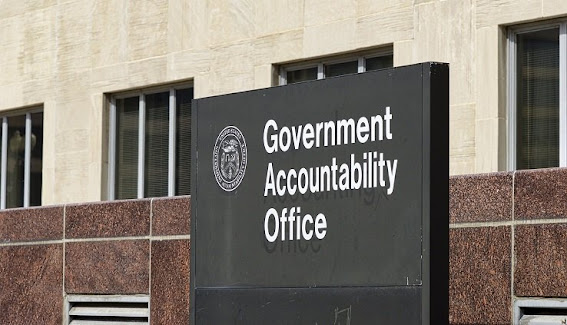It’s the question that everyone in the industry is asking right now, so we sat down with an expert to hear more. Matthew Ledvina is a cross border tax specialist with an extensive knowledge of PPLI and he was willing to sit down with us and shed light on the GAO’s latest activities:
“Firstly, I want to say home important it is that an institution with the
reputation and reach of the United States Government Accountability Office is
taking this part of the industry seriously. I’ve been warning about the abuse
of a number of variable insurance products and the wide-ranging implications
such practices are having on the industry.”
It’s certainly something of a hot topic right now, so does this mean an end to
all offshore arrangements for high net worth individuals?
“Absolutely not, this is more of a cleanup as it were. The key thing to note
here is the IRS themselves openly acknowledge the legitimacy of many offshore
life insurance products and the benefits they offer. What the GAO is doing is
focusing on what in the industry are known as “micro-captives” as well as cases
where the insured is seen to have too much control over the specific investment
components of the PPLI policy. In my opinion these cases need to be looked at
with urgency which is why I welcome the latest developments.”
With this in mind is there any potential negative effects that we could see on
the industry in the coming months?
“What I’m mindful of is the need to avoid any form of witch hunt. In my own
personal experience I can speak directly to the integrity and honesty of the
industry as a whole, and it would be a real shame if this became tarnished as a
result of the actions of a few rogue individuals.
“Each of us knows the unacceptable nature of attempting to move potential
future income to a largely tax-free policy account, and that is something which
should never happen. With this fully acknowledged and out in the open, I would
urge the GAO to focus their attention on the small number of non-compliant
individuals and continue to give those who follow the rules the freedom and
flexibility they need to do what they do best.”
It’s clearly an important development and one we will be watching over the
months ahead as we understand the fallout.

Comments
Post a Comment